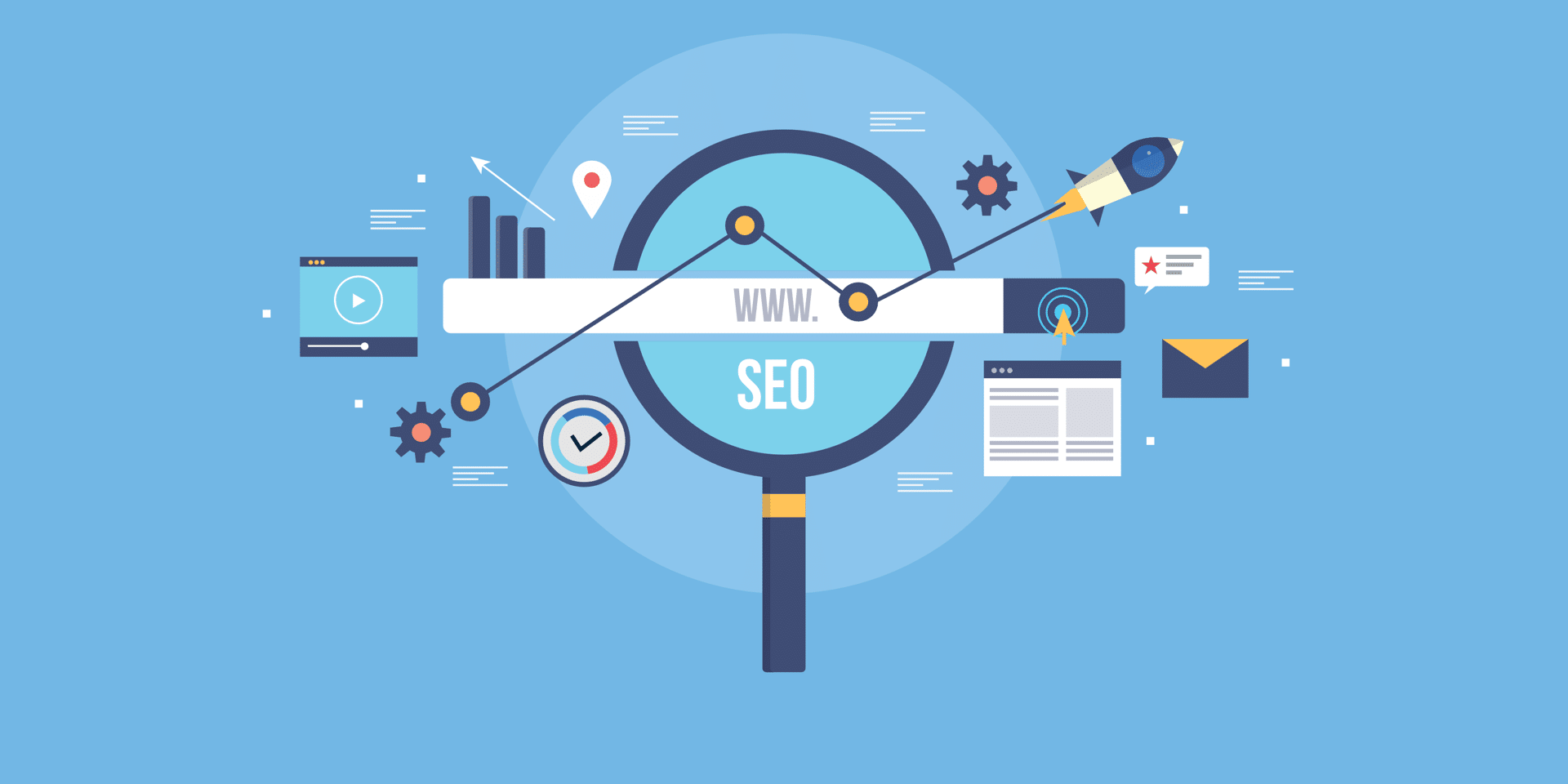
Food safety compliance is a top priority for growing Australian businesses in the food industry. As companies expand, they face more complex regulations that require expert navigation and consistent adherence.
Australia’s national food safety standards, governed by the Food Standards Code, establish strict protocols for food handling, preparation, and storage across all sectors. These regulations protect consumers from foodborne illnesses while ensuring the integrity of Australia’s food supply chain. Growing businesses must comply with standards such as 3.2.2A, which requires trained Food Safety Supervisors for specific food operations.
Specialised food safety compliance services help bridge the gap between regulatory requirements and practical implementation. These providers offer:
- Nationally recognised training programmes
- HACCP certification and auditing support
- Real-time compliance monitoring tools
- Expert consultancy tailored to specific industry sectors
Professional compliance services turn regulatory obligations from burdensome challenges into manageable systems, allowing businesses to focus on growth while protecting public health.

What Are Food Safety Compliance Services and Why Do Growing Businesses Need Them?
Food safety compliance services are professional support systems that assist businesses in meeting regulatory requirements through training, auditing, certification, and ongoing monitoring. These services simplify complex food safety laws and turn them into practical procedures that can be implemented based on specific operational needs.
The Challenge of Growing Businesses
When a business expands its operations, it faces various compliance challenges. For example, a café opening multiple locations has different regulatory responsibilities compared to when it was just one site. With growth, there is also an increase in staff turnover, complexity in supply chains, and more documentation requirements.
Many growing businesses do not have dedicated compliance personnel. As a result, managers have to juggle between understanding the Food Standards Code and handling day-to-day operations.
Business growth often leads to increased scrutiny from regulators. This means more frequent health department inspections, stricter insurance requirements, and demands for third-party certification from major retail partners. The consequences of not complying with these regulations can be severe—a single incident related to food safety can damage the reputation of an expanding brand across multiple locations at once.
Strategic Benefits of Professional Services
By engaging specialized providers, businesses can gain significant operational advantages:
- Expert interpretation: Understanding evolving standards such as 3.2.2A requirements with the help of professionals.
- Systematic training: Ensuring consistent practices across all sites through structured training programs.
- Independent auditing: Identifying vulnerabilities before regulators do by conducting unbiased audits.
- Certification support: Opening doors to larger commercial contracts with assistance in obtaining certifications.
- Time efficiency: Allowing leadership to focus on strategic growth rather than getting caught up in regulatory details.
Professional services can turn compliance from being a burden into an advantage that protects both public health and business sustainability.
How Does the Australian Institute of Food Safety Support Compliance?
Does your team need nationally recognised food safety education that fits around operational demands? The Australian Institute of Food Safety delivers comprehensive AIFS training courses designed specifically for Australian businesses navigating complex regulatory requirements.
AIFS stands as Australia’s premier provider of food safety education, offering training that meets Standard 3.2.2A requirements. Their Food Safety Supervisor course equips managers with the knowledge to oversee food safety programmes, whilst the Food Handler certification ensures frontline staff understand critical hygiene practices and contamination prevention.
The institute’s online course delivery transforms compliance training from a scheduling nightmare into a manageable process. Growing businesses benefit from:
- 24/7 access to course materials allowing staff to complete training during quieter periods
- Immediate certification upon successful completion, eliminating waiting times
- Scalable solutions that accommodate teams from five to 500 employees
Beyond commercial training, AIFS operates a foundation promoting food safety awareness across vulnerable communities, demonstrating their commitment to public health protection that extends beyond regulatory compliance.
What Expertise Does Integrity Compliance Solutions Offer for Food Safety?
Does your business need specialized support beyond basic food safety training? Integrity Compliance Solutions delivers expert guidance across complex compliance areas that growing Australian businesses frequently encounter.
ICS training programs cover critical frameworks including HACCP consulting, BRCGS standards implementation, and specialized seafood compliance protocols. Their consultants work directly with businesses to develop customized food safety management systems that address industry-specific risks and regulatory requirements.
The service extends beyond traditional classroom training through flexible delivery methods:
- Virtual courses accessible from any location
- App-based training tools for frontline employees
- Audit management software with data analytics capabilities
- Fraud prevention protocols for ingredient verification
For businesses handling seafood products or managing complex ingredient supply chains, ICS provides targeted compliance support that addresses traceability requirements and quality assurance protocols. Their consulting approach helps companies identify potential hazards, implement control measures, and maintain documentation systems that satisfy regulatory audits. The combination of expert knowledge and technological tools positions ICS among the Top 7 Food Safety Compliance Services for Growing Australian Businesses.
How Does Correct Food Systems Cater to Diverse Industry Needs?
Correct Food Systems delivers end-to-end food safety management that spans multiple industry sectors, from fresh produce and meat processing to healthcare food service and aged care facilities. Their services extend beyond basic HACCP certification to include quality management systems, international standards certification, and product development support that addresses the unique challenges each sector faces.
The company’s comprehensive approach includes:
- Export arrangements and testing verification for businesses entering international markets
- Labelling assistance ensuring compliance with Australian food standards
- Cold chain logistics support for temperature-sensitive products
- Retail and catering compliance programmes tailored to customer-facing operations
Businesses operating across multiple food sectors particularly benefit from Correct Food Systems’ versatility. A pet food manufacturer receives different guidance than a healthcare food service provider, yet both access the same level of expertise. Their audit management capabilities help growing businesses maintain consistent standards across expanding operations, whilst their product development support ensures new offerings meet regulatory requirements before market launch.
What Role Does Food Standards Australia New Zealand (FSANZ) Play in Regulatory Compliance?
FSANZ is the main regulatory authority responsible for creating and maintaining the Food Standards Code Australia New Zealand. This code sets out mandatory food safety requirements for all businesses operating in both countries. It includes specific standards on food handling, labeling, composition, and contamination limits that growing businesses must adhere to.
The organisation works independently to evaluate food-related risks and establish science-based standards that safeguard public health. When businesses work with compliance service providers, they are ultimately striving to meet the standards set by FSANZ in the Food Standards Code.
Key areas covered by the Food Standards Code Australia New Zealand include:
- Standard 3.2.2A (Food Safety Programs for food service and retail)
- Microbiological and chemical safety limits
- Allergen declaration requirements
- Food additive permissions
- Primary production standards
FSANZ regularly updates these standards based on new scientific evidence. This means that growing businesses can benefit from partnering with compliance services that stay up-to-date with regulatory changes and can translate complex requirements into practical operational procedures.
Which Other Notable Services Enhance Food Safety Compliance for Growing Businesses?
Beyond the major providers, several additional food safety services Australia offers can strengthen compliance frameworks for expanding businesses. These specialized providers deliver targeted solutions that complement core training and certification requirements.
SafeFood Training provides industry-specific courses covering allergen management, temperature control, and cross-contamination prevention. Their programs align with state-based food authority requirements whilst offering flexible delivery options for regional businesses.
Food Safety First focuses on certification assistance for small to medium enterprises, guiding businesses through the complexities of obtaining and maintaining required certifications. Their consultants work directly with operators to develop customized food safety plans that reflect actual operational workflows.
Foodsafe Australia delivers on-site training and audit preparation services, particularly valuable for businesses preparing for council inspections or third-party audits. Their practical approach includes mock audits and real-time feedback sessions.
These services form part of the Top 7 Food Safety Compliance Services for Growing Australian Businesses, each bringing unique strengths to different compliance challenges businesses face during expansion phases.
How Can Growing Australian Businesses Choose the Right Food Safety Compliance Service?
Choosing a food safety service in Australia requires evaluating providers against your specific operational needs and growth trajectory. The right partner aligns with your industry sector, budget constraints, and long-term compliance objectives.
1. Industry Specialization
Select providers with proven expertise in your specific food sector. A seafood processor needs different compliance support than a café or aged care facility. Services like Integrity Compliance Solutions offer specialized guidance for seafood and ingredient compliance, while Correct Food Systems demonstrates capability across fresh produce, meat processing, and healthcare food service. Verify the provider’s track record with businesses similar to yours.
2. Training Delivery Flexibility
Growing businesses require adaptable learning options that accommodate shift workers and multiple locations. Compliance service selection criteria should prioritise providers offering online courses, virtual training sessions, and mobile app-based learning platforms. The Australian Institute of Food Safety’s online course completion options enable staff to complete certifications without disrupting operations.
3. Technological Integration
Modern compliance demands digital tools for efficiency. Evaluate whether providers offer software for audit management, compliance tracking, and data analytics. App-based training platforms and digital record-keeping systems reduce administrative burden whilst maintaining documentation standards required by regulators.
4. Cost-Effectiveness
Compare pricing structures against the comprehensiveness of services provided. Consider whether packages include ongoing support, certification renewals, and access to updated training materials as regulations evolve.
Moreover, understanding key principles such as HACCP (Hazard Analysis Critical Control Point) can further enhance your food safety compliance strategy.

Conclusion
Food safety compliance importance extends beyond regulatory boxes—it protects your reputation and customer trust as your business scales. The Top 7 Food Safety Compliance Services for Growing Australian Businesses outlined here offer specialised expertise to navigate Australia’s complex food safety landscape, from AIFS’s accessible training to Integrity Compliance Solutions’ advanced audit tools.
Proactive engagement with professional compliance services transforms regulatory obligations into competitive advantages. Rather than waiting for audit failures or incidents, partner with providers who understand your industry’s unique challenges and deliver Australian business growth support through tailored training, certification assistance, and ongoing monitoring.
Ready to strengthen your food safety framework? Contact a compliance service provider today to discuss customised solutions that scale with your business ambitions whilst safeguarding consumer health.
Learn about: What Is Food Safety Compliance and Why Does It Matter for Australian SMEs?
FAQs
Food safety compliance involves adhering to national and local food safety regulations, including the Food Standards Code, to ensure safe handling, preparation, and storage of food while protecting consumers and your brand.
As businesses expand, regulatory complexity increases. Professional services provide expert training, auditing, certification support, and real-time monitoring to help businesses stay compliant while focusing on growth.
Services typically include:
Nationally recognised training programs
HACCP certification and auditing
Real-time compliance monitoring
Industry-specific consultancy
AIFS offers nationally recognised Food Safety Supervisor and Food Handler courses, delivered online for flexible completion, ensuring businesses meet Standard 3.2.2A requirements and maintain staff competency across multiple sites.
ICS offers specialized guidance in HACCP, BRCGS standards, seafood compliance, audit management, virtual training, and ingredient traceability, helping growing businesses implement customized food safety management systems.
Correct Food Systems provides end-to-end food safety management across sectors, including fresh produce, meat processing, healthcare food service, and aged care. They offer HACCP, international standards certification, cold chain support, and product development assistance.
FSANZ develops and maintains the Food Standards Code, setting mandatory requirements for food handling, labeling, composition, and contamination limits. Compliance services help businesses interpret and implement these standards effectively.
Yes. Other providers include:
SafeFood Training – allergen management, cross-contamination prevention
Food Safety First – certification support for SMEs
Foodsafe Australia – on-site training and audit preparation
Consider factors such as industry specialization, training delivery flexibility, technological integration, cost-effectiveness, and ongoing support for certification and monitoring. The right provider aligns with your operational needs and growth strategy.
Businesses gain:
Consistent regulatory compliance across multiple sites
Reduced risk of foodborne incidents
Enhanced reputation and consumer trust
Time and resource savings through streamlined systems
Competitive advantage when pursuing contracts with major retailers or international markets




